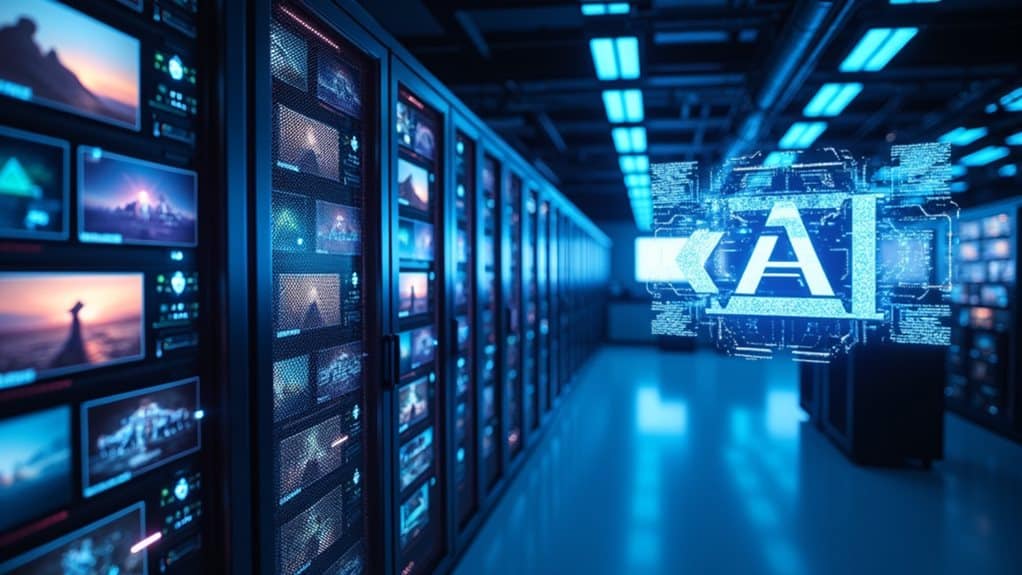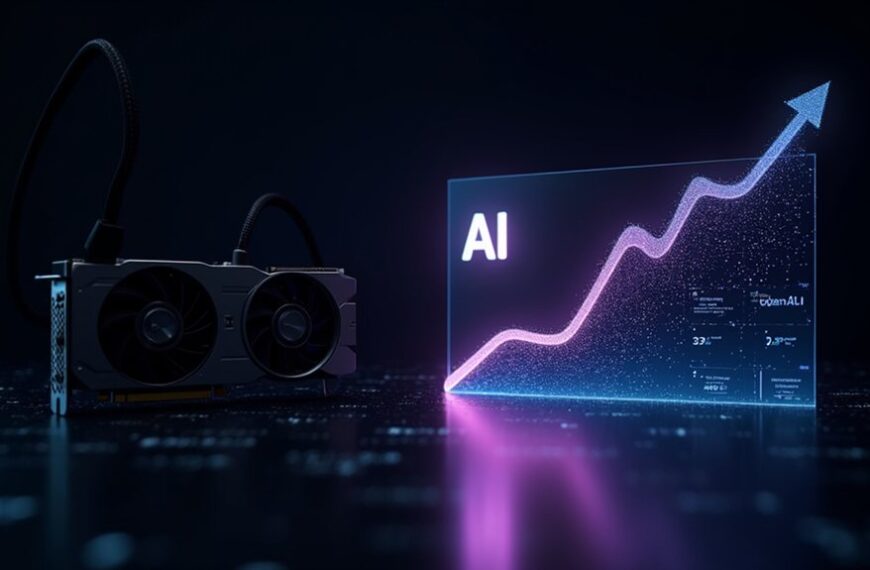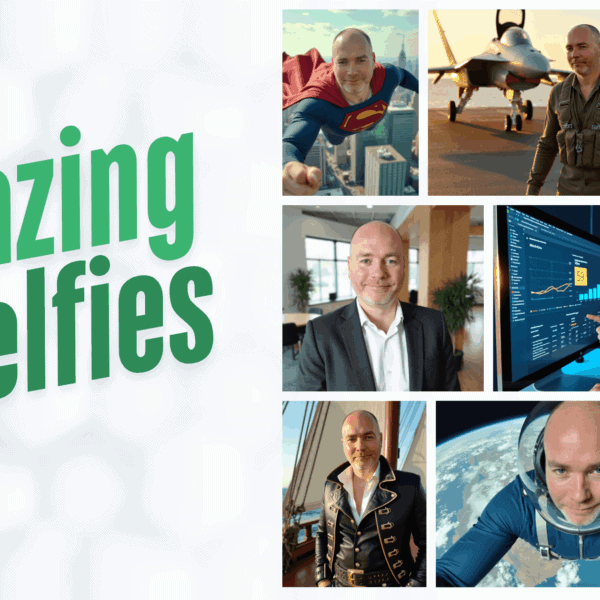Elon Musk's xAI has acquired Hotshot, positioning the company to compete with OpenAI's Sora and Google's Veo 2 in the AI video generation space. You'll benefit from Hotshot's technology that creates high-quality videos up to 10 seconds long at 720p resolution. This acquisition aligns with xAI's mission of transparent and ethical AI development. The company plans to leverage its Colossus supercomputer and potentially integrate video capabilities into its Grok chatbot. The full implications of this strategic move will soon unfold.

Elon Musk's artificial intelligence company xAI has acquired Hotshot, a startup specializing in AI video generation technology. This acquisition positions xAI to compete directly with major players like OpenAI's Sora and Google's Veo 2 in the rapidly expanding AI video generation market.
Hotshot began as an AI-powered image editing company before pivoting to focus on video generation. The startup developed several notable models, including Hotshot-XL, Hotshot Act One, and other video foundation models that were trained on an impressive dataset of 600 million video clips.
From image editing roots to video generation pioneer, Hotshot's AI models leveraged 600 million video clips to transform digital content creation.
You'll find Hotshot's technology capable of producing high-quality videos up to 10 seconds long at 1280×720 resolution. The company's models utilize the bfloat16 data format, which enhances computational efficiency and allows for faster AI model training by reducing data processing requirements.
The acquisition aligns with xAI's mission to boost AI transparency and safety through explainable AI principles. Musk's vision for xAI emphasizes balancing innovation with ethical considerations to guarantee AI benefits humanity. This approach reflects Musk's fundamental belief that AI must be benevolent and beneficial to society while avoiding ethical pitfalls of current systems.
xAI plans to leverage its Colossus supercomputer, equipped with 200,000 Nvidia chips, to scale Hotshot's video generation capabilities. The company aims to increase this to 1 million chips by year's end, markedly expanding its computational power.
Industry observers anticipate that xAI may integrate Hotshot's video capabilities into its Grok chatbot, potentially releasing a "Grok Video" service in the coming months. The company is also likely to offer video generation algorithms through API services.
This strategic move accelerates xAI's entry into generative video technology and enhances its multimedia AI capabilities for broader market appeal. You can expect applications across various sectors including content creation, healthcare, and education.
While financial terms of the acquisition weren't disclosed, the deal represents a considerable step in xAI's growth strategy. Hotshot was previously backed by notable investors, including Reddit co-founder Alexis Ohanian, lending credibility to the startup's technology and potential. The startup also incorporated a sophisticated neural network for automatic captioning, enhancing its video content with accurate text descriptions.
Frequently Asked Questions
How Will This Acquisition Impact Competitors Like Openai?
This acquisition will intensify market competition for OpenAI, potentially challenging their dominance in AI video generation.
You'll likely see OpenAI accelerate their innovation timeline and possibly adjust their funding strategies in response.
The integration of Hotshot's technology with xAI's Colossus supercomputer creates a formidable rival that could impact OpenAI's $300 billion valuation and ongoing $40 billion investment round.
This competitive pressure will drive technological advancement throughout the industry.
What Regulatory Hurdles Might Xai Face With Video-Generation Technology?
You'll likely face several regulatory challenges with video-generation technology.
Content authentication regulations may require clear labeling of AI-generated videos to prevent misinformation. Data privacy concerns will arise regarding the training datasets used.
Intellectual property protections must be addressed to avoid copyright infringement issues. You'll also need to navigate emerging global AI governance frameworks, which vary by region.
Additionally, expect scrutiny around potential misuse for deepfakes or harmful content creation.
Will Xai's Video Technology Be Available for Public Use?
Whether xAI's video technology will become publicly available remains unclear.
You'll likely see limited access initially, as the company may prioritize select partners and strategic applications first.
While xAI has secured substantial private funding for development, they haven't announced specific plans for public release.
The company's focus on high-stakes applications and ethical considerations might delay widespread availability.
Any future public access would need to balance innovation with Musk's emphasis on transparency and safety.
How Might This Affect Twitter/X's Platform Features?
The acquisition will likely transform Twitter/X's features considerably.
You'll see AI-generated video capabilities integrated into the platform, allowing you to create high-quality video content directly on the app.
This aligns with Musk's vision for an all-encompassing digital ecosystem.
You can expect advanced editing tools, AI-powered avatars for video communications, and potentially new monetization opportunities through enhanced content creation options.
These features could improve your user experience while offering real-time audience engagement tools.
What Ethical Guidelines Will Xai Implement for Video Generation?
XAI will likely implement ethical guidelines that focus on transparency and content moderation for video generation.
You'll see requirements for clear AI disclosure, robust bias reduction measures, and strict content policies to prevent harmful material.
They'll need accountability systems with human oversight and regular auditing.
XAI must also address intellectual property concerns and comply with emerging AI regulations while establishing feedback mechanisms for users to report problematic content.





